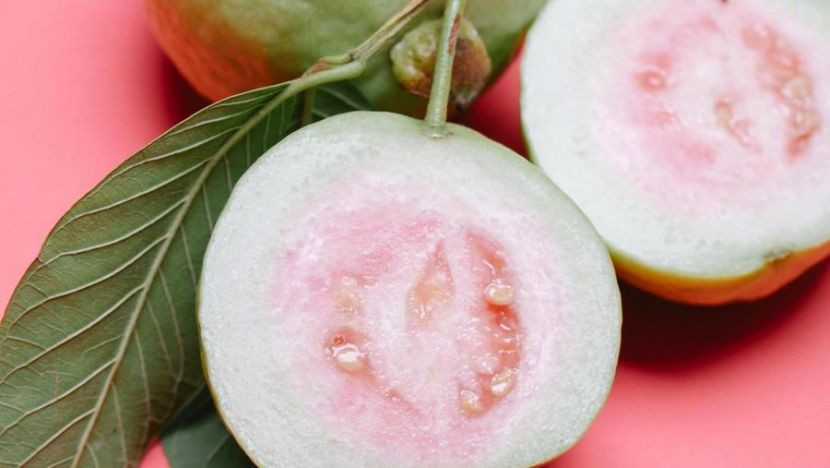Current status of guava industry in Indonesia

Indonesia is the world's largest producer of guava, with an annual output of about 26.3 million tons, far exceeding countries such as India and Iran.This is due to its stable tropical climate, fertile volcanic soil, and widespread and balanced cultivation from Aceh to Maluku, where guavas are found almost everywhere from commercial orchards to home gardens.Indonesia's guava is rich in vitamin C, antioxidants and fiber, and is considered a natural "immune guardian" and is adaptable enough for farmers to grow it year-round. However, most guavas in Indonesia are consumed fresh or sold in traditional markets, with little further processing. India is not the largest producer, but is a leader in the guava processing industry and is known as a "guava powerhouse", exporting its processed products to more than 30 countries. Big brands produce guava juice and ready-to-drink beverages, and some regions also supply jellies, jams and even natural cosmetic raw materials, while actively cultivating excellent varieties. In southern China, guava is used in traditional Chinese medicine, such as in guava leaf drinks that help lower blood sugar and cholesterol; Taiwan is a leader in modern cultivation techniques and produces high-quality guava for export, as well as guava leaf extracts for use in health supplements and skincare products; Vietnam's guava industry is growing rapidly in frozen pulp and concentrates; Thailand exports to Japan and Europe with high-quality organic jams, healthy snacks, and sugar-free guava juice; South Korea is exporting to Japan and Europe with high-quality organic jams, healthy snacks and sugar-free guava juice; and South Korea is exporting to Japan and Europe with high-quality organic jams, healthy snacks and sugar-free guava juice. Thailand exports products such as high-quality organic jams and healthy snacks and sugar-free guava juice to Japan and Europe; and South Korea extracts antioxidants and vitamins from guava for use in natural cosmetics and skin care products. Reasons why Indonesia's guava processing industry is lagging behind include insufficient processing facilities in production centers such as East Java and Sumatra; lack of downstream investment in agriculture and research on superior varieties for the industry; high domestic demand for fresh guava, leading to a greater focus on the domestic market; and less-than-optimal exports of processed products due to issues such as quality standards and global branding. Indonesia has an advantage in guava production, but lags behind other countries in the processing industry, and without timely improvement will continue to be a supplier of raw materials rather than an owner of high value-added products.

